29, May 2018
Biya regime’s secret extermination campaign at Buea and Mbouda prisons 0
It has been two years since the outbreak of the Southern Cameroons conflict. The senseless war fought between Cameroon government forces and the Ambazonia Self-Defense Council Restoration Forces has already driven more than two hundred thousand Southern Cameroonians out of their homes and approximately some 1600 have died in it. Southern Cameroonians civilians do not suffer in Kondengui Central prison or the famous New Bell prison in Douala only: Cameroon Intelligence Report correspondents have uncovered the Biya government’s campaign of extrajudicial executions at detention facilities in Buea and Mbouda.
Ever since the beginning of the crisis, every week and often twice a week, groups of up to 40 Southern Cameroonians were executed. In two years, as many as 1600 people, most of them civilians believed to be opposed to the Biya regime in Yaoundé, have been killed in secret at Mbouda and Buea. The Ambazonian detainees suffer in inhuman conditions: repeated torture and the systematic deprivation of food, water, medicine and medical care. We also gathered that the Interim Government of the Federal Republic of Ambazonia have acquired documentation depicting how these extermination policies have killed massive numbers of Southern Cameroons detainees. Our chief reporter in Northern Zone, Sama Ernest who contributed to this report said there are strong reasons to believe that this routine is still ongoing today.
The Yaoundé government, led by Paul Biya, has never taken time to investigate any killings. All it has always done is to resort to collective punishment wherein the houses of innocent civilians are razed, and innocent youths are gunned down point blank. The actions of the country’s armed forces have created more fighters over the last six months, as ordinary civilians – both boys and girls – now believe they have to defend themselves against a military that is using their tax money to murder the people they are supposed to protect.
Southern Cameroonians have been calling for international assistance. They now want the world to protect them against their supposed protectors. The government’s mass murdering tactics and collective punishment have drawn a lot of flak in recent times and even the Trump Administration has been disappointed by the methods the dictatorial government in Yaoundé is using to restore order in the two restive English-speaking regions of the country.
Amnesty International and the International Crisis Group have also been very vocal against the Yaoundé government’s irresponsible actions. For the past six months, the government of Cameroon has been working hard to wipe off villages from its own map through a scorch-earth policy that many in the international community have frowned upon. Amnesty International and the International Crisis Group have all called the government’s action against Southern Cameroonians into questions. The world has been taken aback by the government’s commitment of such human rights abuses.
Kwakwa, Mbonge, Etoko and Kembong in the South West region have been rolled back into the 10th Century by the government. Its plan was to intimidate the people into submission, but the strategy has so far been counter-productive. In Kwakwa, many old people were burnt alive by government forces as a move to punish the entire population for the killing of an army soldier by some unknown and unidentified gunmen.
Other villages have also experienced the government’s wrath and frustration with a rebellion it felt it could put out in one single military action. Mbonge, Bali and Batibo have all been victims of the Yaounde government’s malicious policy designed to stamp out any opposition.
Terrorism has become the buzzword in Cameroon and anybody who holds a view that is contrary to the government’s is considered a terrorist. This is a new tool it is using to stamp out opposition, but times have changed, and the people of Southern Cameroons are clearly resisting a government they believe is corrupt to the marrow and inefficient.
source: www.cameroonintelligencereport.com
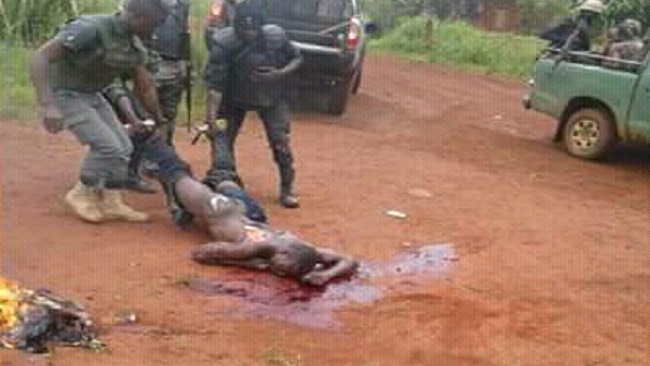

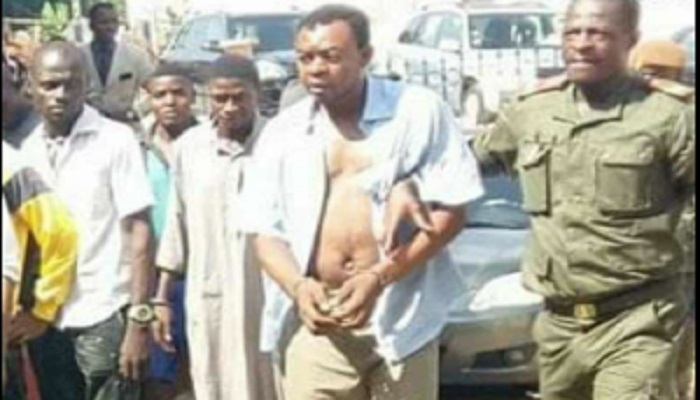
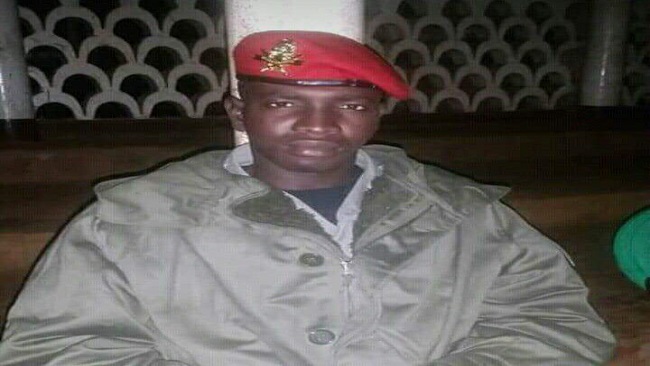
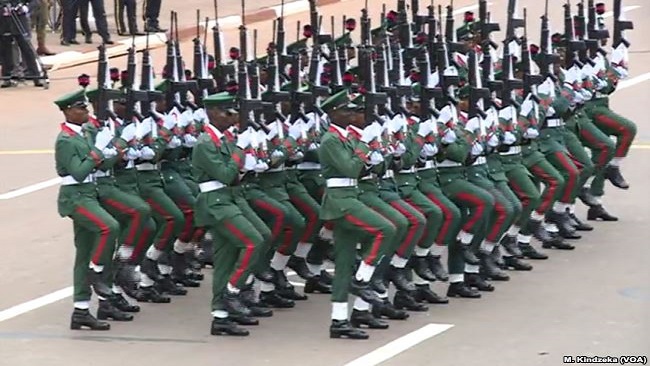

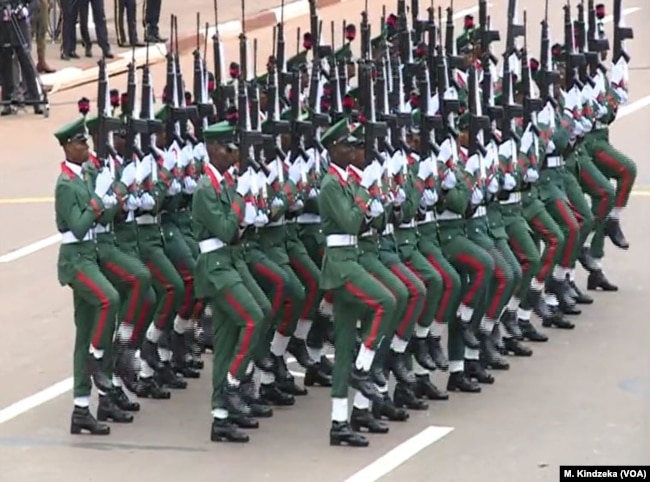
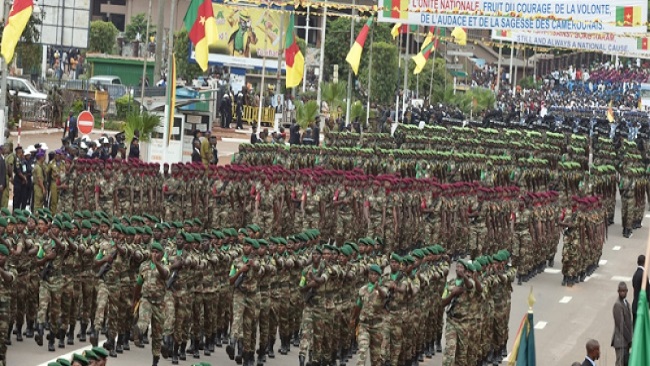
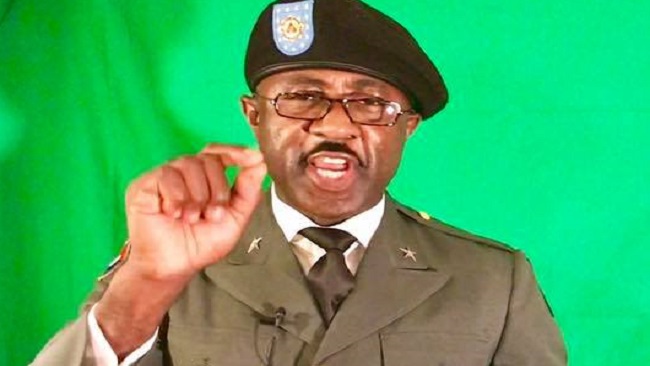

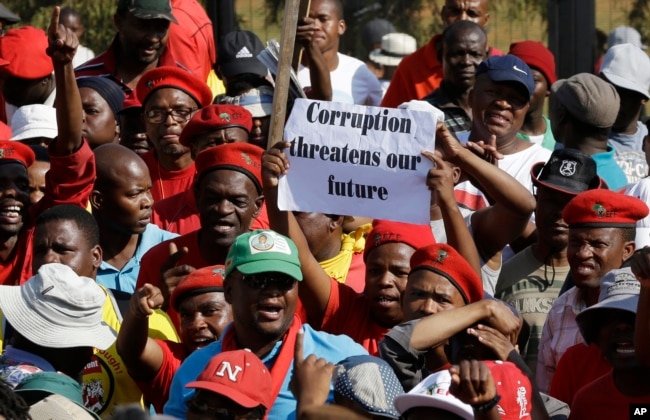
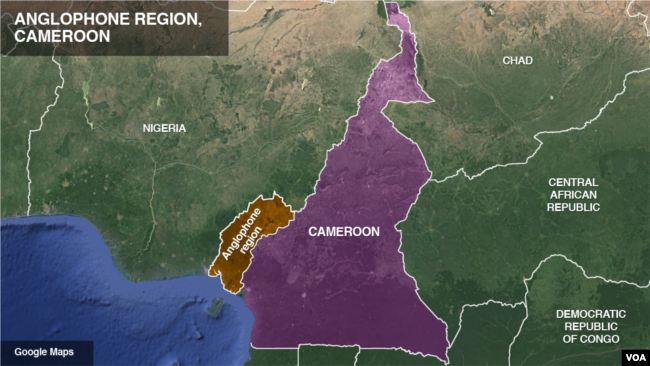
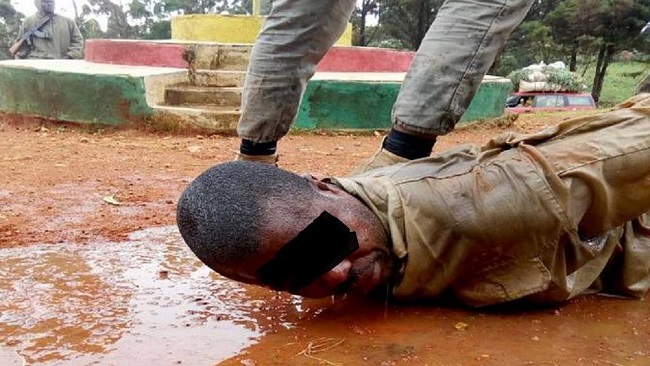

















29, May 2018
Biya regime says Menka death toll from “clashes” rises to 32 0
The death toll from a firefight in an English-speaking region of Cameroon shaken by an armed separatist campaign stands at 32, including five “hostages,” the government said.
The clash erupted at a motel last Friday in Menka, in the Northwest Region — one of two regions gripped by fighting over the last eight months.
“Twenty-seven terrorists (were) neutralised” by a 30-member special unit of police and troops, government spokesman Tchiroma Bakary, who is also communications minister, said late Monday.
The group, which were attacked at a hotel, was an “armed gang” that for months had been “sowing terror and desolation” in the region, killing gendarmes and carrying out kidnappings, rape and extortion, he charged.
Out of “15 hostages” taken by the group, five died, all of them at the hands of the attackers, he said.
About a fifth of French-speaking Cameroon’s population of 22 million is anglophone.
For years, resentment built among anglophones, fostered by perceived marginalisation in education, the judiciary and the economy at the hands of the French-speaking majority.
Demands for greater autonomy were rejected by 85-year-old President Paul Biya, in power for more than 35 years.
The crisis escalated last October after the declaration of the self-described “Republic of Ambazonia” in the Northwest and Southwest Regions, causing scores of deaths and prompting tens of thousands to flee their homes.
Human-rights watchdogs point to a range of abuses, including abductions and targeted killings.
Security forces found five pump-action shotguns, of a type only used by special forces, as well as 17 combat guns and 10 hunting rifles, about 30 military uniforms as well as five berets “which belonged to police and gendarmes who were shot dead in cold blood by the same terrorists,” Tchiroma said.
He denied “allegations that the Cameroonian army carried out a massacre on the civilian population”.
Tchiroma said images of the dead at Menka have been widely distributed on social media, prompting human-rights watchdogs and opposition politicians to voice outrage.
Nji Tumasang, an MP with the English-speaking opposition Social Democratic Front (SDF), speaking after a party delegation visited Menka on Saturday, said 22 people had been killed.
Their identity was unclear, but villagers said they were criminals, not “terrorists” as the army had said, Tumasang said.
Cameroon’s linguistic division dates back to the colonial period. It was once a German colony and was divided between Britain and France after World War I.
In 1960, the French part gained independence, becoming Cameroon, and the following year, the British-ruled Southern Cameroons was amalgamated into it, becoming the Northwest and Southwest Regions.
According to the International Crisis Group (ICG) think tank, “at least 120” civilians and “at least 43” security forces have been killed since the end of 2016.
The UN’s Office for the Coordination of Humanitarian Affairs (OCHA) says around 160,000 people have been internally displaced and 20,000 have sought refuge in neighbouring Nigeria as a result of the violence.
Source: AFP